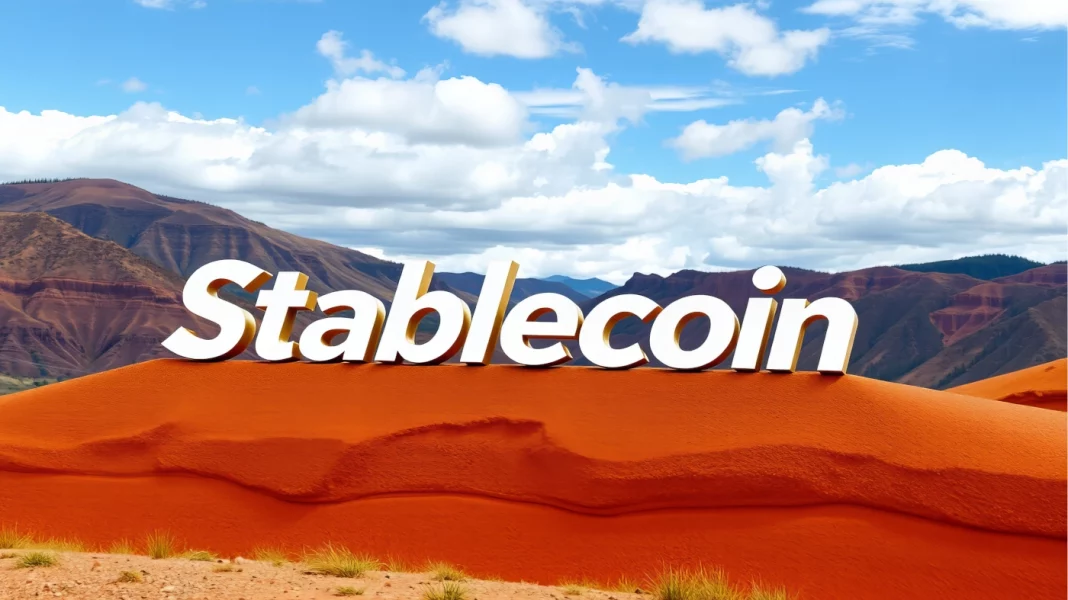Several banks from the islands are gearing up to launch a new stablecoin called PHPX, and it’s set to make some competition in the world of cross-border payments and remittances.
The Hedera network will host the new asset
The PHPX stablecoin will be built on the Hedera blockchain, which means it’s designed for speed and efficiency.
Participating banks include Rizal Commercial Banking, Cantilan Bank, UnionBank, and the Rural Bank of Guinobatan, and while the project is spearheaded by a Singapore-based startup called Just Finance, the banks will have a major role in managing it.
PHPX wants to streamline cross-border payments, making it easier for Filipinos working abroad to send money home, just like in case of USDT, but in this case, with their national currency.
With the Philippines receiving $40 billion in remittances in the last year alone, this stablecoin could reduce the time and costs associated with sending money big time.
What’s under the hood? It is permissioned?
PHPX will allow users to exchange other currencies like USD, SGD, and JPY into PHPX.
This multi-currency approach is designed to create a stable foundation for transactions, and liquidity providers will help keep things flowing smoothly, earning a little something for their efforts along the way.
UnionBank’s fintech arm, UBX, has been dabbling in blockchain tech since 2018 with its token-based payment system for rural banks, so now they’re ready to take it up a notch with PHPX.
UBX CEO John Januszczak emphasized the need for a publicly tradable stablecoin that can be used beyond their existing systems.
Make payments easy again
For overseas Filipino workers, PHPX is set to be a game changer, because traditional remittance methods can be slow and pricey, often taking days and charging high fees.
With PHPX, sending money home will be faster and cheaper, perfect for paying bills or school fees back in the Philippines.
Also, worth toe mention while remittances are a key focus, PHPX could also facilitate larger payments for international trade, just like any other stablecoin.
The central bank of the Philippines will have the final say on when the stablecoin goes live, with plans to launch between May and July 2025.
Either way, the launch of PHPX represents a huge step forward in modernizing the Philippine financial sector.


